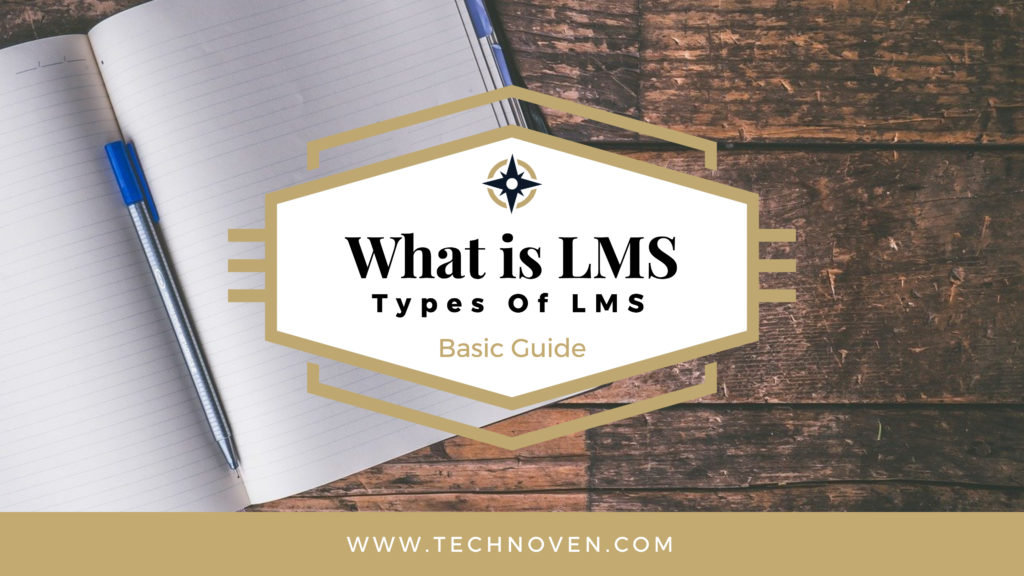Contents
Online learning platforms are available in the market, not only to learn the course but also for the teachers to create, host, and sell the courses. To manage all these things, there are various Learning Management Systems in the market preferred by many organizations.
Creation of the course, share the materials, conduct quizzes, assessments, student enrollments, tracking and reporting the progress, provide rewards everything you can manage on any Learning Management System. Let’s see what exactly LMS is and the different types of LMS.
👊 What is LMS?

LMS full form is Learning Management System which is a software application that allows you to manage all the e-learning activities. From administration, documentation, course content, training content, tracking & reporting analysis everything is possible with a Learning Management System.
Overall LMS is focused on delivering quality training for the learners in the easiest and fastest way. The learning experience with an LMS is similar to the classroom environment, but the fact is it is a complete online training method.
LMS systems are more favorable to train the higher education students and also more suitable to train the employees by the organizations.
Must Read: Benefits of Learning Management System
⭐ Different Types of LMS (Learning Management Systems)
Like many other software applications, LMS also comes with different types and it is used for different purposes. But the main agenda is to provide training to the learners. Now, get into the different types of Learning Management Systems in the market and decide which one is the best fit according to your requirement.
Cloud LMS
Cloud LMS is available by a third party and is under a subscription model. It covers all the features that are required for training purposes. If you’re looking for an eLearning platform that is flexible to make changes whenever you want means to go with a self-hosted LMS.
The team who created LMS will take care of all activities like installing, updating, and monitoring the server. The cloud provider also offers free and paid backups including various upgrades. This cloud-based LMS is scalable so that you can pick according to the requirements like pricing, features, etc.
Self-hosted LMS
It is a web application, and it can be sold as a licensed product, on your own server it allows you to install and manage the platform. Installing, backing up the data, updating the server, and every activity is responsible for yourself. If there is a version upgrade, you have to contact the vendor and get the license for the upgrade version.
The major advantage of Self-hosted LMS is the setup is flexible and also good for integration purposes.
Private Cloud LMS
With the private cloud LMS, you’ll get a secure and private LMS environment as it doesn’t share any resources with the businesses. It gives the best to perform by providing excellent security services. Installation, monitoring, upgrading, everything will be managed by yourself.
SaaS LMS
The cloud LMS runs with a SaaS model, which is a process of selecting the service provider, then go with a free trial option, and then pay for the paid version. The various LMS offers different pricing options, from those select the plan that you want. For basic training, go with the free trial option. You do not need to install and you can host directly to the service provider.
Open Source LMS
The open-source LMS must need a dedicated IT team and on your own install, customize, and manage the system. When needed, you have to update manually and there will be no licensing costs. On your company’s server, you can manage & host open-source LMS, and to maintain this you need an IT department, well you’re going to pay extra for the server.
Corporate LMS
To train the employees, partners, clients, all you need is a Corporate LMS and at one place get all keep the data, training material, and track & progress of the learner.
It is all about onboard training, employee training, customer training, compliance training, remote workforce training, and finally also for sales & customer support training.
Education LMS
The education LMS or Academic LMS is for schools, colleges, educational institutions, and universities. The learners log in to the platform and attend the online classes, and also can read the online material. They attend tests and also can get grades from their teachers.
The best part is no need to update the content as it is available like semester, trimesters, or quarterly portions. It clearly means Education LMS does not offer any frequent updates. To manage such LMS one should be tech-savvy.
